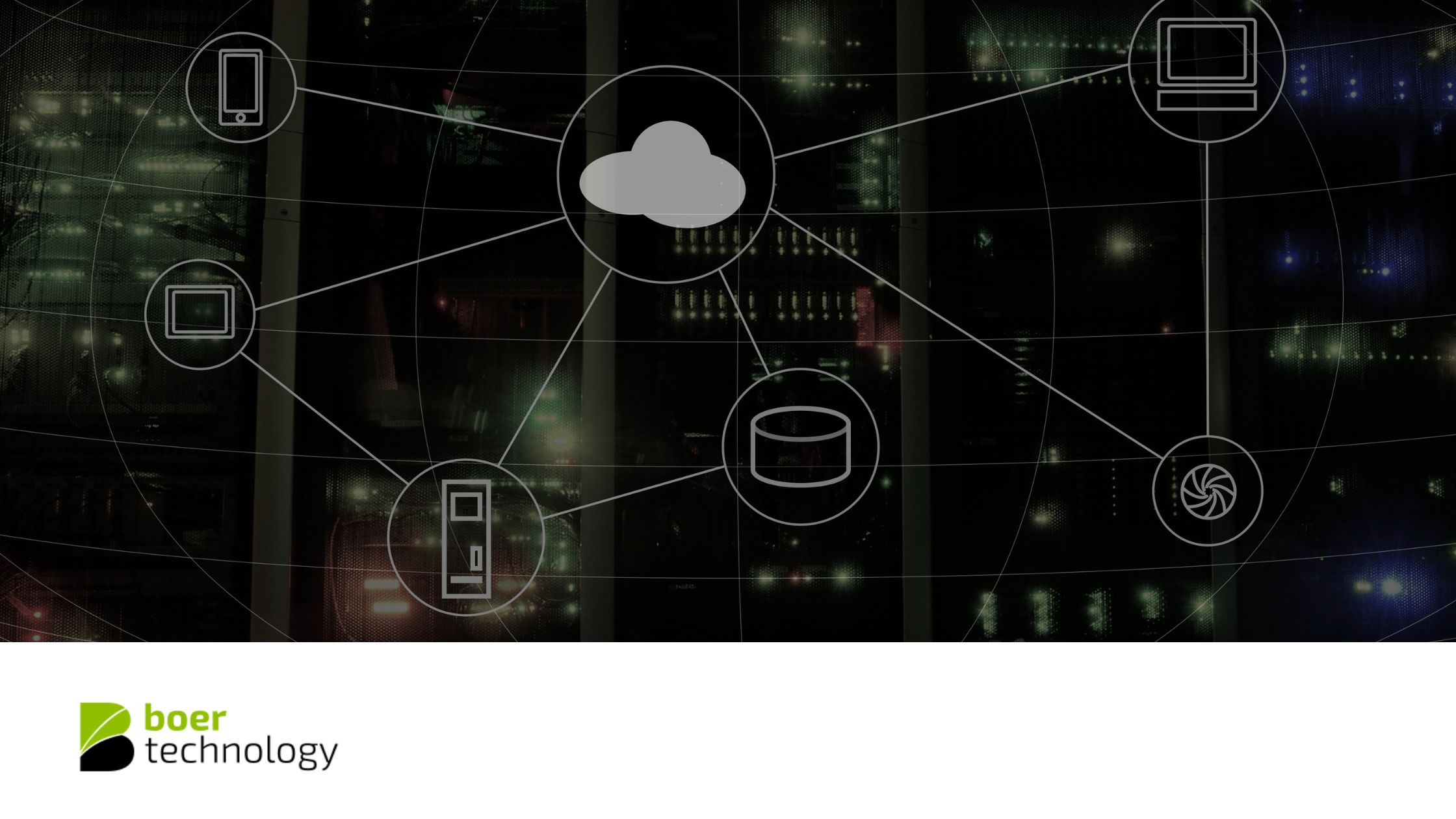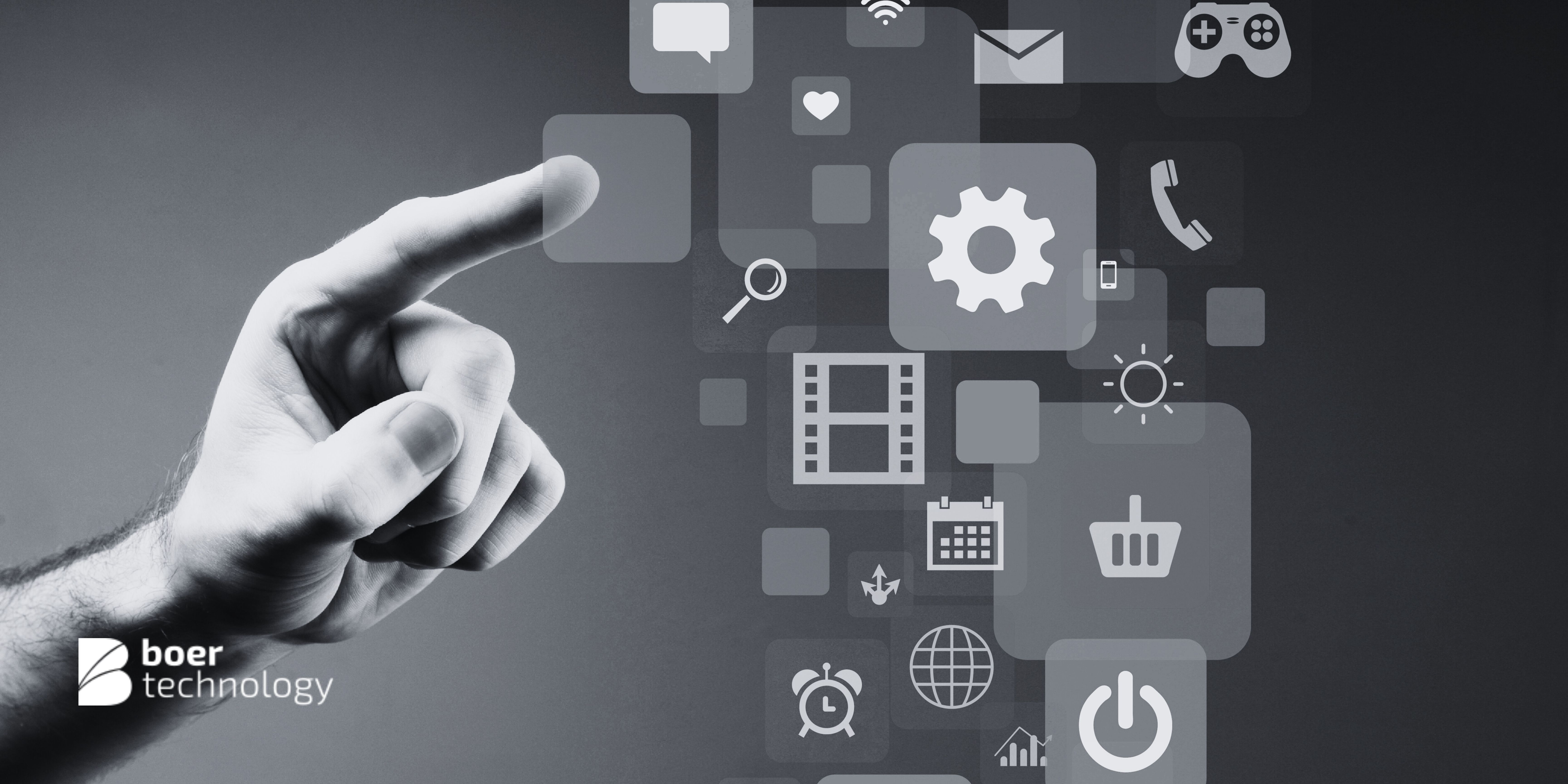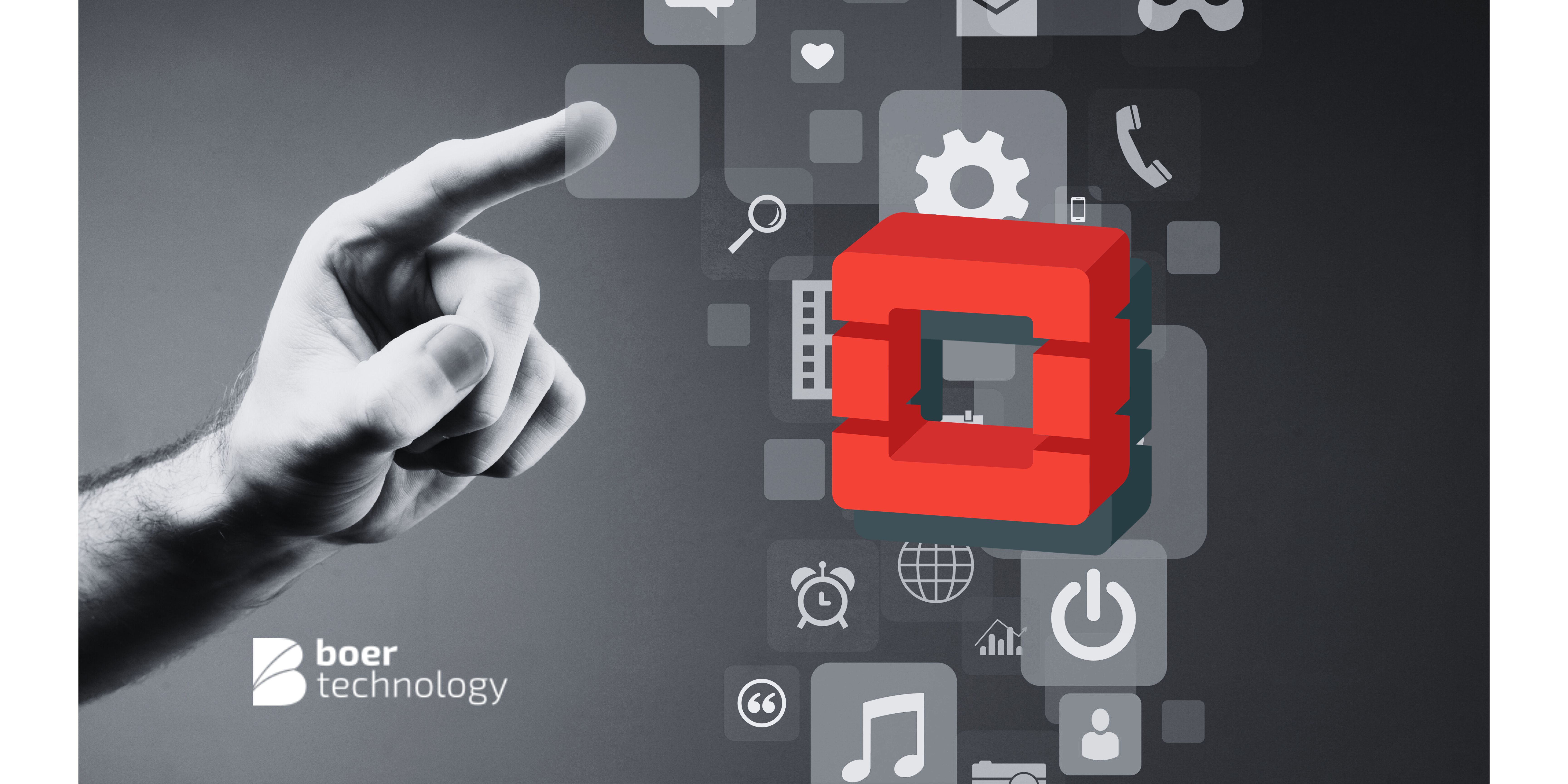The fintech (financial technology) industry has experienced rapid growth in recent years, driven by digital technological advancements that have changed how people conduct financial transactions, invest, and manage their assets. With the increasing complexity of technological needs in this sector, cloud computing has become a vital solution offering flexibility, cost efficiency, and scalability. There are various types of cloud computing to choose from, but not all of them are suitable for the specific requirements of the fintech industry. This article will explore the cloud computing models most suitable for the fintech sector and how they can support efficient and secure operations.
Public Cloud
A public cloud is a cloud computing model in which infrastructure, platforms, and software services are provided by a third-party cloud provider to the general public. Providers such as Amazon Web Services (AWS), Microsoft Azure, and Google Cloud Platform offer public cloud services that can be accessed by anyone with an internet connection.
For the fintech industry, public cloud services can be a highly effective choice, especially in terms of scalability and cost. Fintech companies often face sudden spikes in demand, such as during product launches or when transaction volumes surge. The public cloud allows fintech businesses to scale resources up or down in real-time according to demand. This offers cost advantages, as companies only pay for the resources they use, not for unused capacity.
However, the major challenge with the public cloud is security and compliance. Since customer data and financial information are highly sensitive, fintech companies must ensure their public cloud provider complies with relevant security standards and regulations, such as GDPR or PCI-DSS. Fortunately, leading public cloud providers now offer a range of security tools and features to help manage data more securely.
Private Cloud
A private cloud is a cloud computing model in which cloud infrastructure is used exclusively by one organization. Private clouds give fintech companies full control over their IT infrastructure, which is often critical for organizations handling highly sensitive financial data.
For the fintech industry, private clouds offer a higher level of security and control. Companies can tailor their security settings to meet internal policies and regulatory requirements. Moreover, private clouds ensure that sensitive data is not shared with other organizations, which reduces the risk of data breaches.
However, the downside of private clouds is the higher cost and the need for more intensive management. Fintech companies must have skilled IT teams to effectively manage private cloud infrastructures and ensure scalability, which can be more limited compared to public clouds.
Hybrid Cloud
A hybrid cloud combines elements of both public and private clouds in a single infrastructure, allowing data and applications to be moved between the two based on specific needs. This model offers flexibility for companies to benefit from the advantages of both cloud types, especially in terms of security and scalability.
For fintech, a hybrid cloud provides an ideal solution because it allows companies to store sensitive data in a private cloud while running applications that require high scalability—such as data analytics or transaction processing—on a public cloud. This way, fintech firms can optimize operational performance and costs while maintaining security for customer data.
Moreover, the hybrid cloud model makes it easier to adapt to changing regulations and compliance requirements, which often shift in the financial sector. Fintech companies can easily adjust their infrastructure based on varying regulatory demands across different regions or markets.
Edge Computing
While edge computing is more of an extension of cloud computing, this technology is becoming increasingly popular in the fintech industry. Edge computing refers to the processing of data closer to the user or device rather than relying on remote data centers.
For fintech, edge computing is particularly useful in situations where low latency is critical, such as in real-time payments or trading transactions. By processing data closer to its source, edge computing can accelerate transaction processes, reduce latency, and enhance the user experience.
Migrate to Cloud with Btech
Migrating to the cloud can be a complex and daunting task, especially for fintech companies dealing with sensitive financial data and regulatory requirements. This is where services like "Migrate to Cloud with Btech" come into play. Btech (a cloud migration service) specializes in helping fintech businesses transition to the cloud with minimal disruption to their operations.
For fintech companies, migrating to the cloud with a service like Btech can streamline the entire process. Btech offers expertise in planning and executing cloud migrations, ensuring that sensitive financial data is securely transferred while maintaining compliance with industry regulations. The service provides tailored migration strategies based on the company's specific needs, ensuring that security, scalability, and performance are optimized throughout the transition.
Additionally, Btech helps mitigate common challenges faced during cloud migration, such as data integrity, downtime, and the integration of legacy systems. By partnering with a specialized migration service, fintech companies can reduce the risks associated with migration and accelerate their ability to leverage the full potential of cloud computing for their operations. This makes the process smoother, faster, and more cost-effective, ultimately enhancing the fintech firm's ability to innovate and scale efficiently in the cloud environment.
Conclusion
The fintech industry relies heavily on cloud computing technologies to support secure, scalable, and efficient operations. The choice of the right cloud model depends on the specific needs of the company. Public clouds offer flexibility and cost efficiency, while private clouds provide greater control and security. Hybrid clouds offer the best of both worlds, and edge computing can be an ideal solution for applications requiring low latency. Each model has its own strengths and challenges, but with the right selection, fintech companies can maximize their potential in an increasingly complex digital world.



